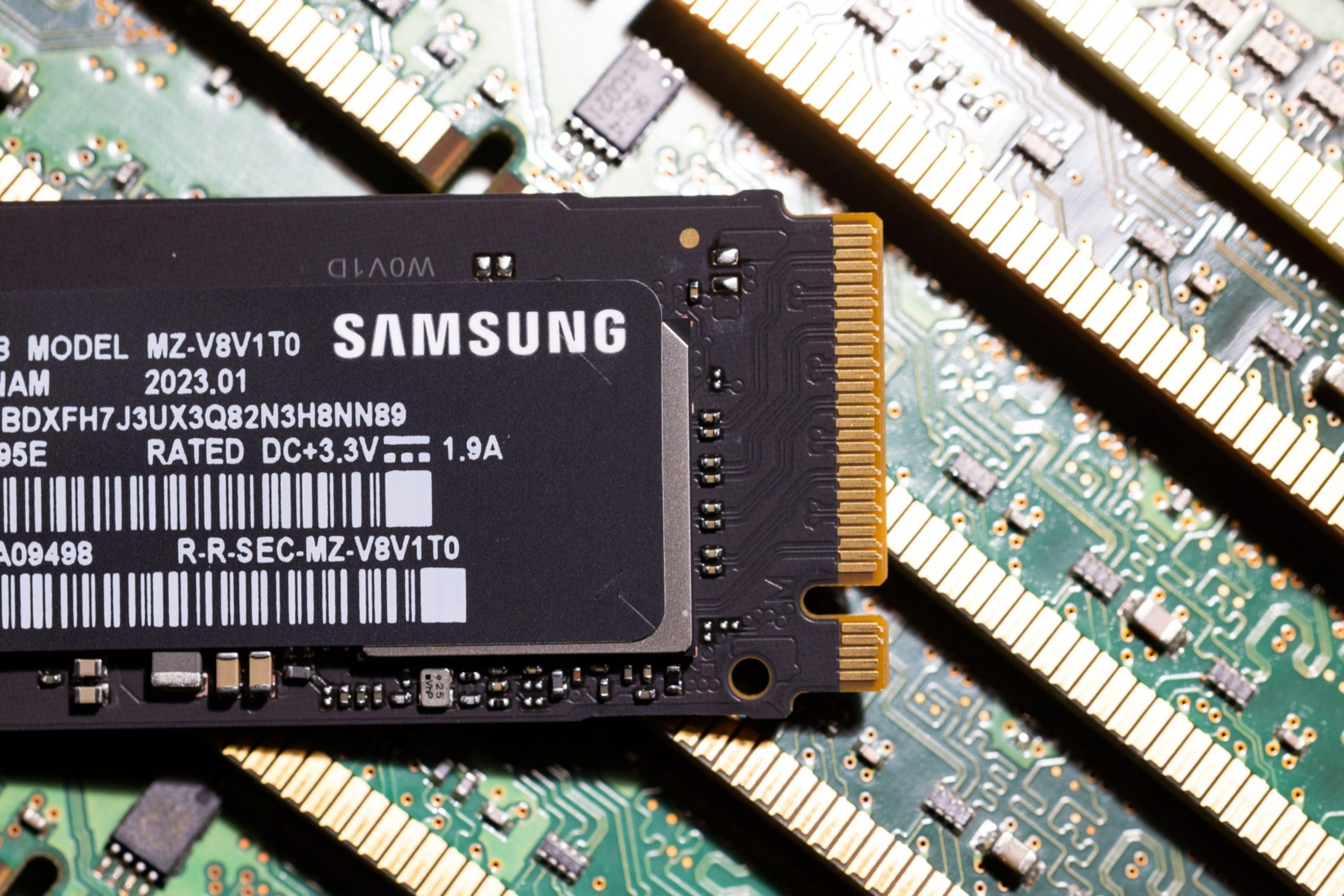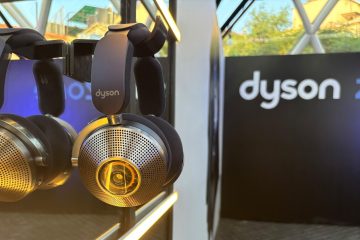)
Samsung (Photo: Bloomberg)
By Yoolim Lee
Samsung Electronics Co. posted its fourth straight quarter of profit decline in the holiday quarter, after a long-awaited recovery in chip and electronics demand delivered few returns for the world’s biggest memory maker.
South Korea’s most valuable company said net income fell 74 per cent in the last three months of the year to 6.02 trillion won ($4.5 billion), after its mainstay chip operations posted a loss of 2.18 trillion won — bigger than what analysts projected.
A tax credit of 2.82 trillion won helped lift Samsung’s bottom line to nearly double what analysts had estimated. The company’s operating profit was 2.8 trillion won on sales of 67.8 trillion won, in line with preliminary figures revealed at the start of the month.
Shares fell as much as 1.2 per cent in early morning trade in Seoul on Wednesday, underperforming both the broader Kospi and the MSCI Asia Pacific Index. Samsung client Advanced Micro Devices Inc. gave a weaker-than-expected revenue forecast overnight, kindling concern about customers postponing purchases of PCs, servers and other IT equipment.
“We expect the memory business to continue to recover despite volatility linked with interest rate policies, reduced industry production and other factors,” the company said in its earnings presentation.
Samsung is working to catch up to rival SK Hynix Inc. in high-bandwidth memory, or HBM, chips, which used to help Nvidia Corp.’s accelerators in training artificial intelligence, however. That has been one of the sector’s most promising markets.
“The share price is weak because its HBM lags behind SK Hynix and its foundry business is significantly behind TSMC,” said Lee Seung-Woo, an analyst at Eugene Investment & Securities, referring to Taiwan Semiconductor Manufacturing Co. “If Samsung improves on the two fronts, there may be expectations for better share price performance. But at the moment, there’s little expectation.”
Samsung said it spent 53.1 trillion won on capex last year, with 48.4 trillion of that spent on semiconductors, focusing on advanced nodes. “We will actively address the demand for premium products and secure profitability,” it said.
Samsung’s latest figures leaven optimism about a fresh surge in demand for semiconductors driven by the artificial intelligence boom.
SK Hynix posted a surprise profit earlier this month, with executives expressing a more bullish sentiment about prices growing this year. It added to a positive outlook from contract chipmaking leader TSMC, which drove a $165 billion rally in Asian chip firms, including Samsung.
Sales of AI-related chips have been constrained by limited supply, while consumer electronics demand has yet to return to growth. Smartphone and PC industry trackers, such as IDC, expect to see a halt to years of decline, albeit with only moderate growth to come. As the provider of key components like displays, camera sensors and memory — alongside its own Galaxy device series — Samsung is directly affected by any fluctuations in global handset shipments.
Samsung expected the smartphone market to rebound in 2024 as consumer sentiment stabilizes in anticipation of a global economic recovery, leading to market growth, especially in the premium segment.
First Published: Jan 31 2024 | 7:20 AM IST
Note:- (Not all news on the site expresses the point of view of the site, but we transmit this news automatically and translate it through programmatic technology on the site and not from a human editor. The content is auto-generated from a syndicated feed.))



